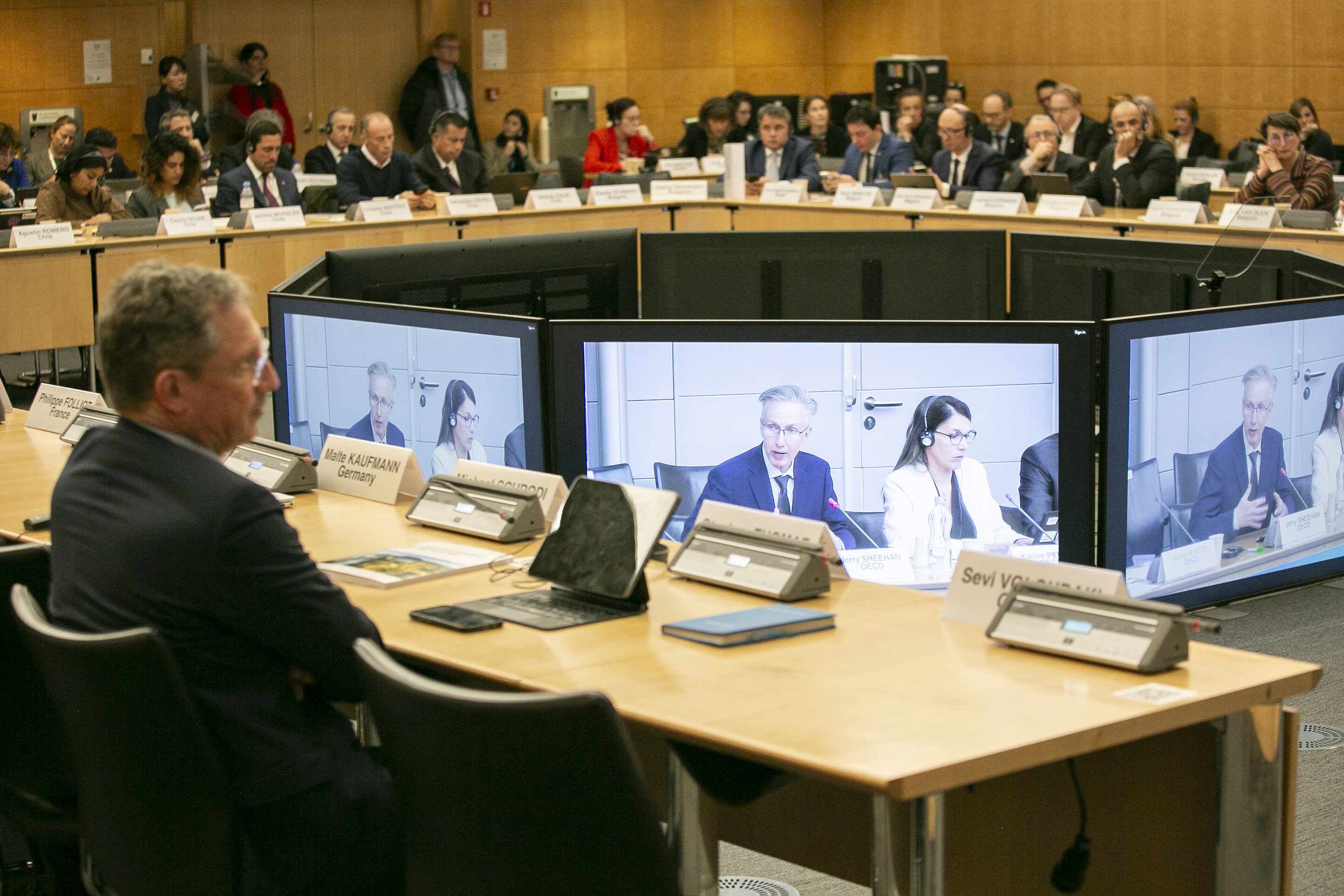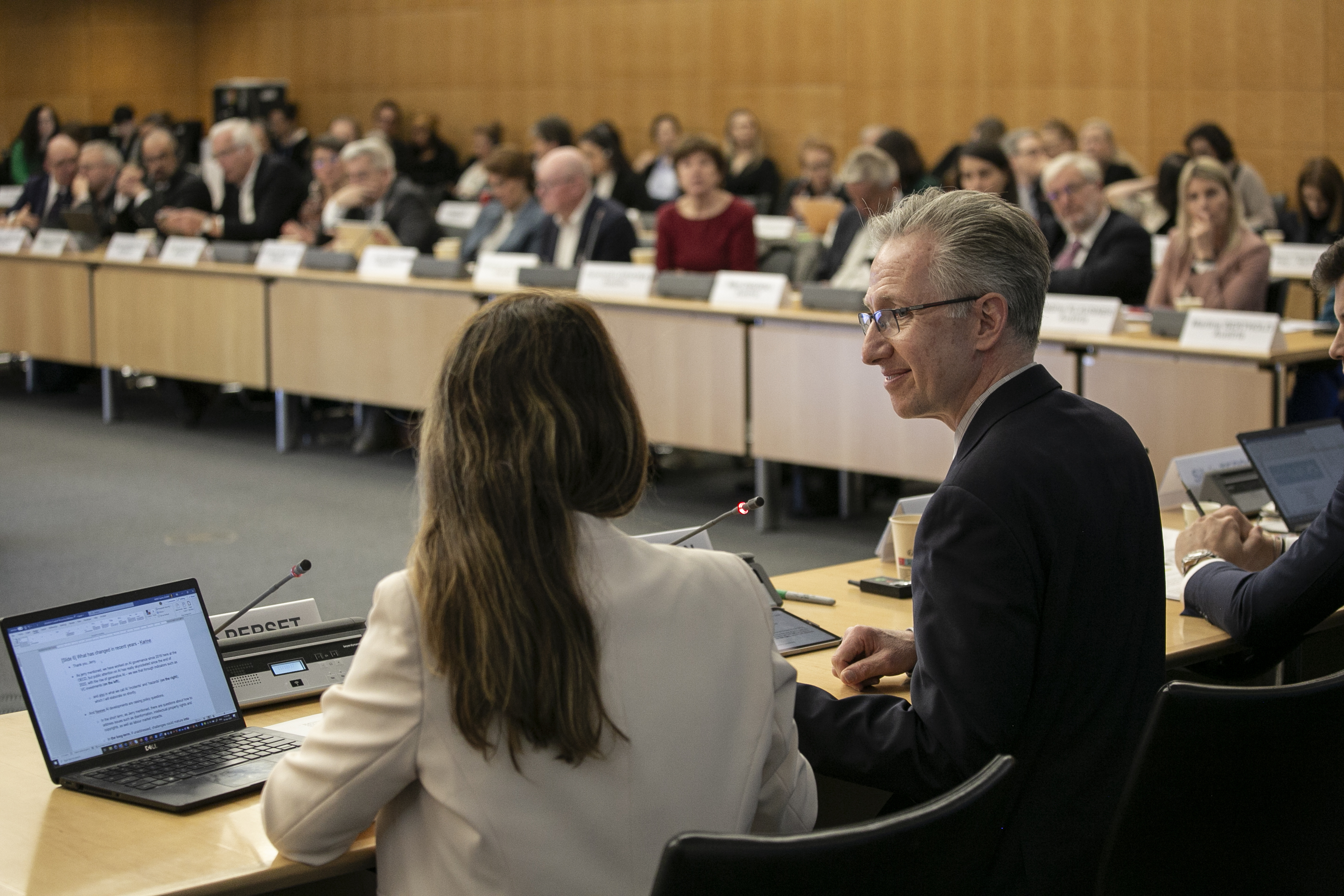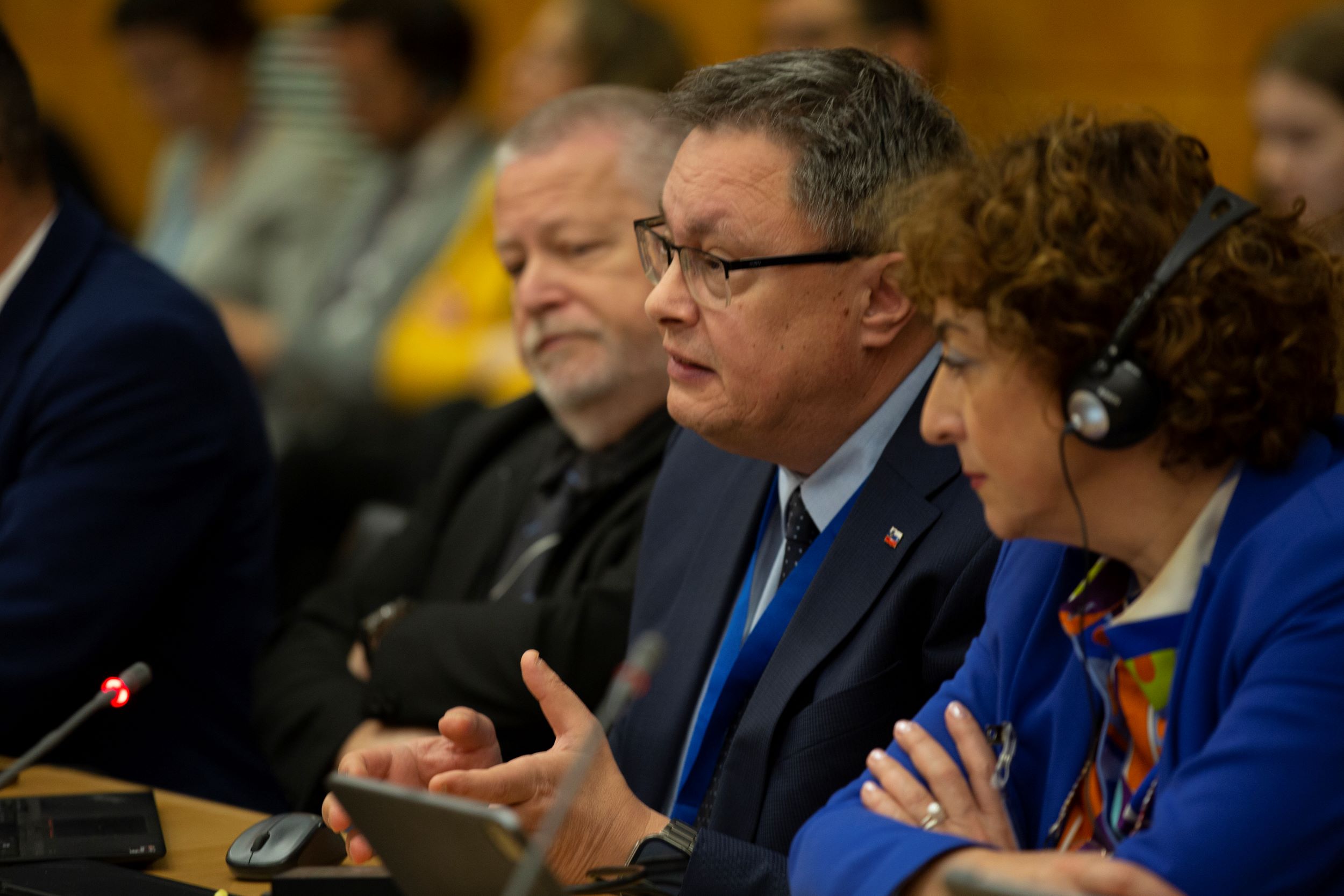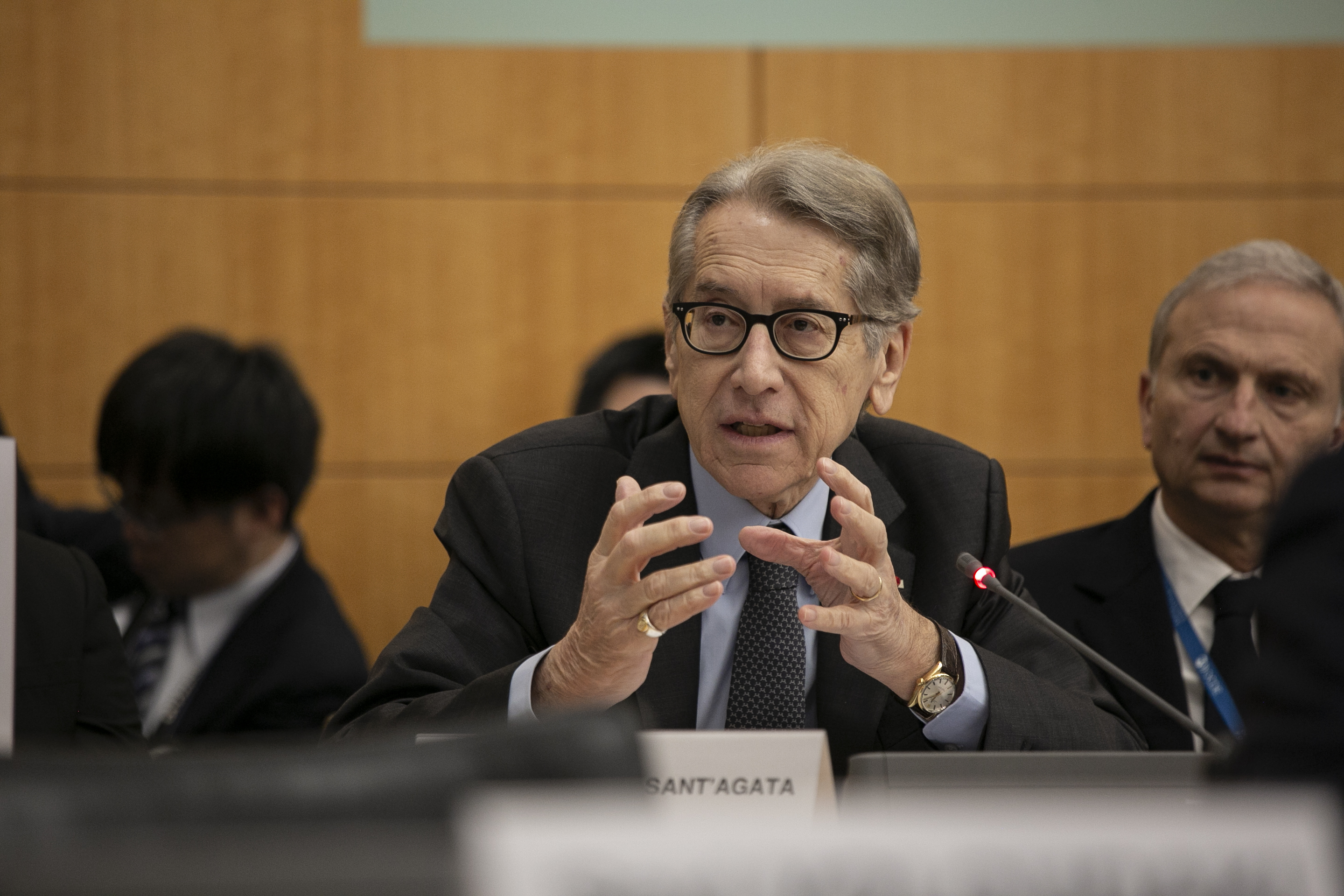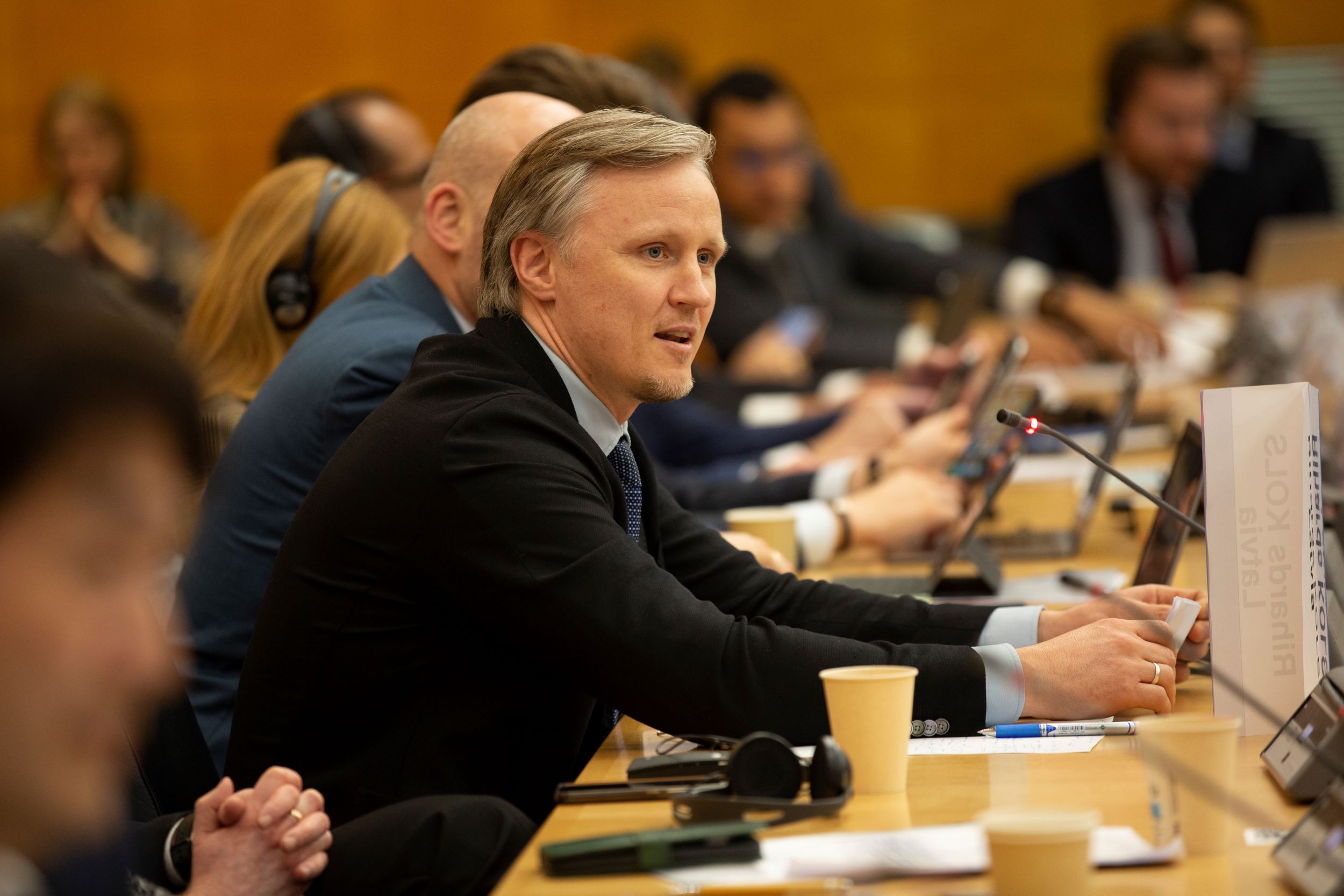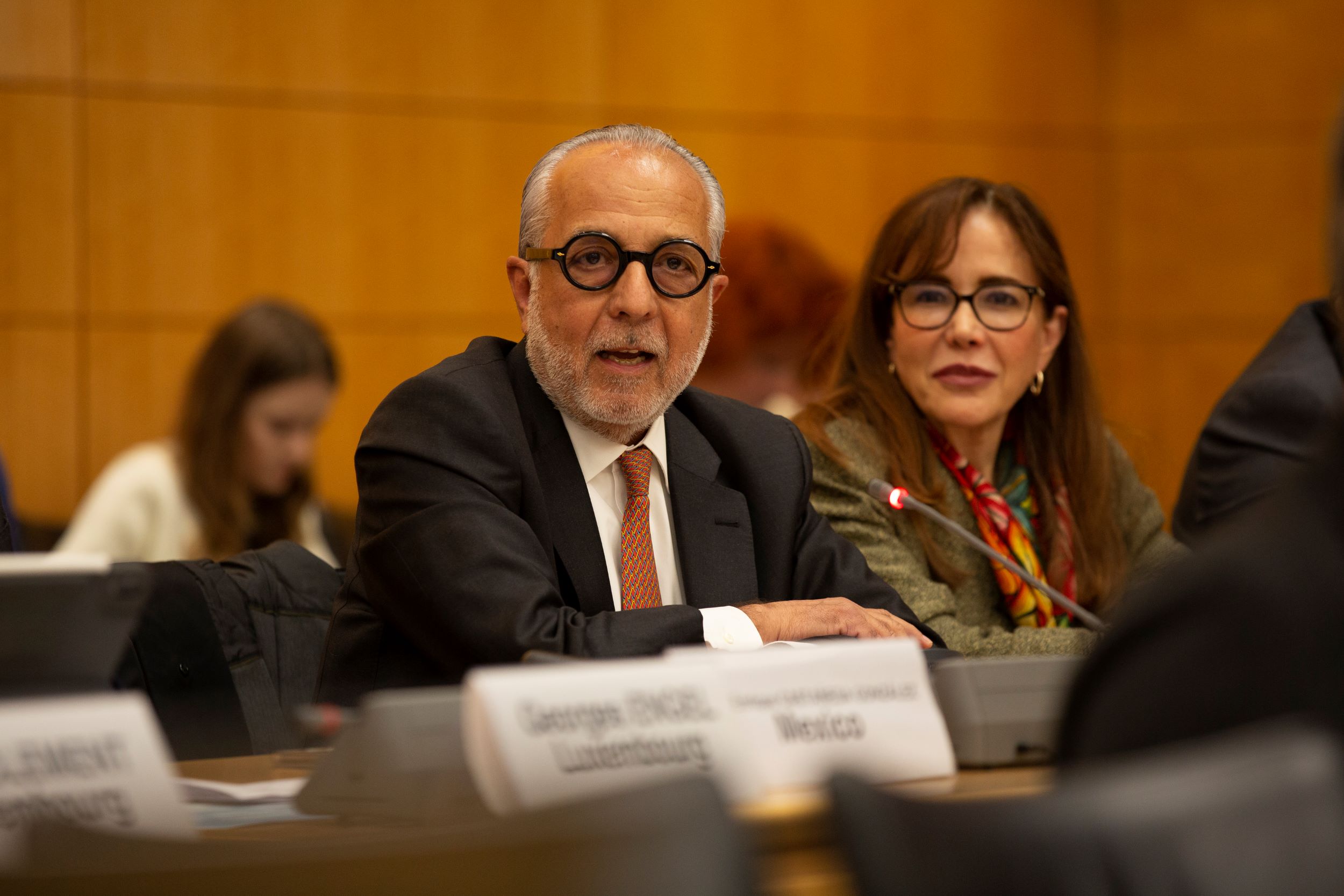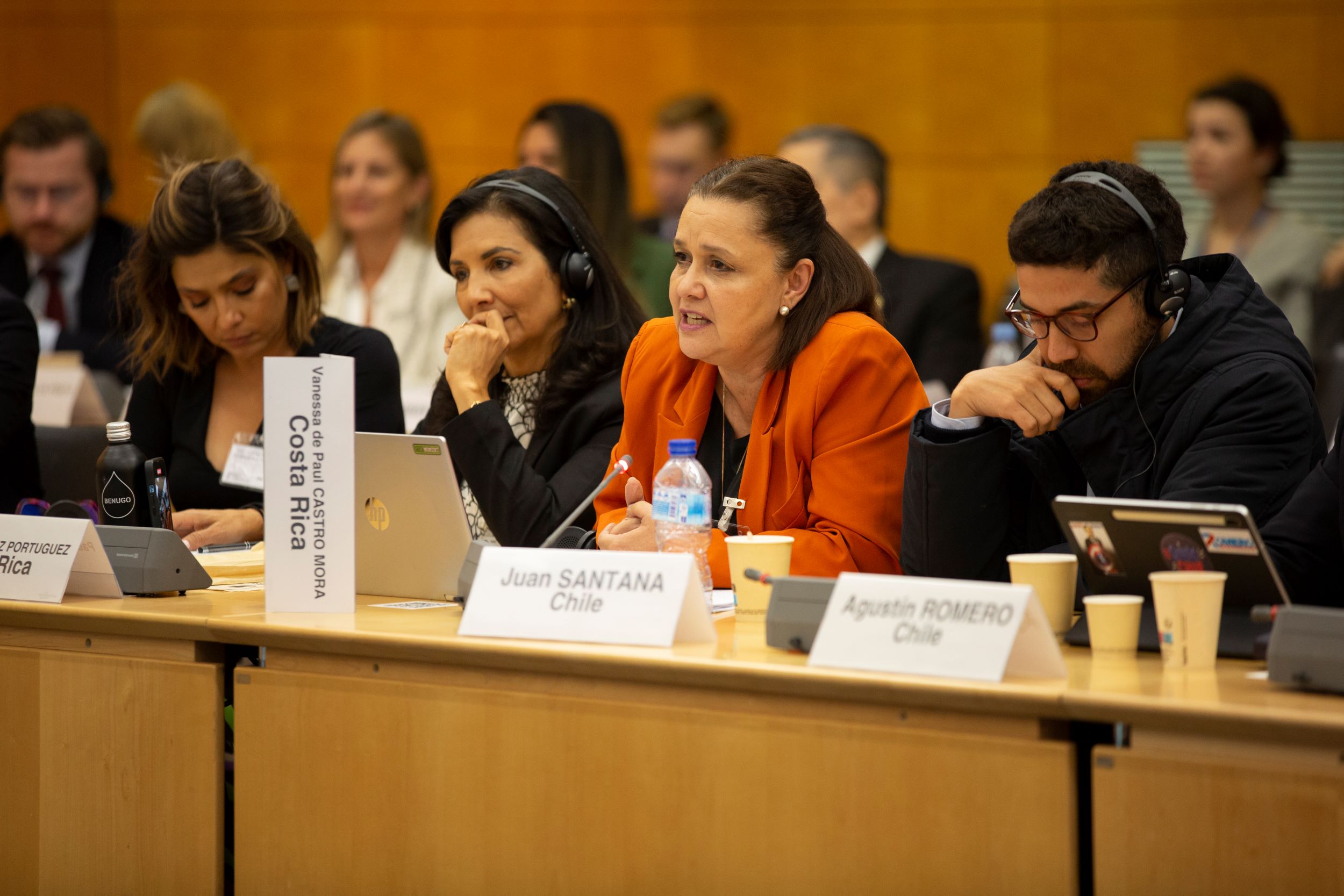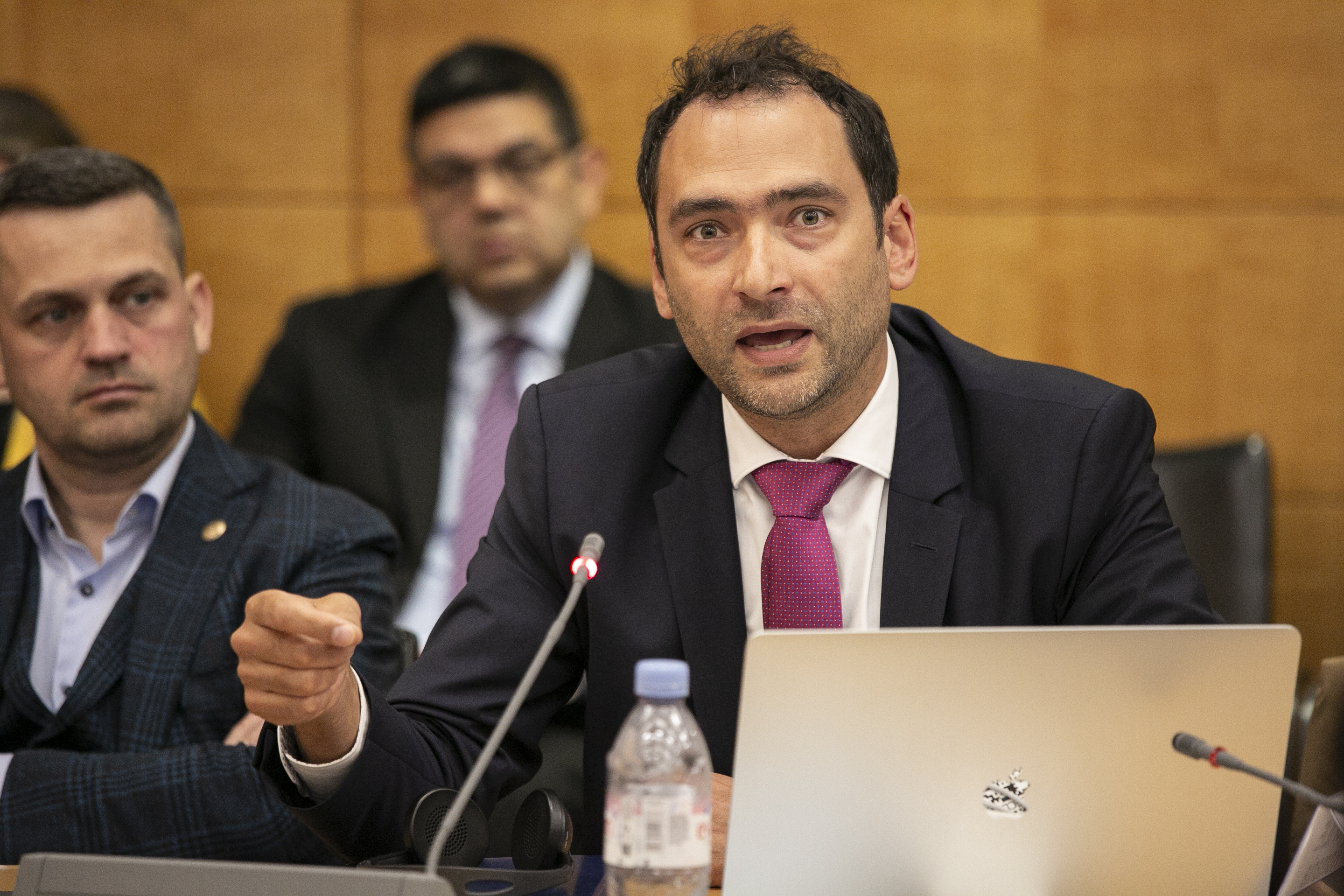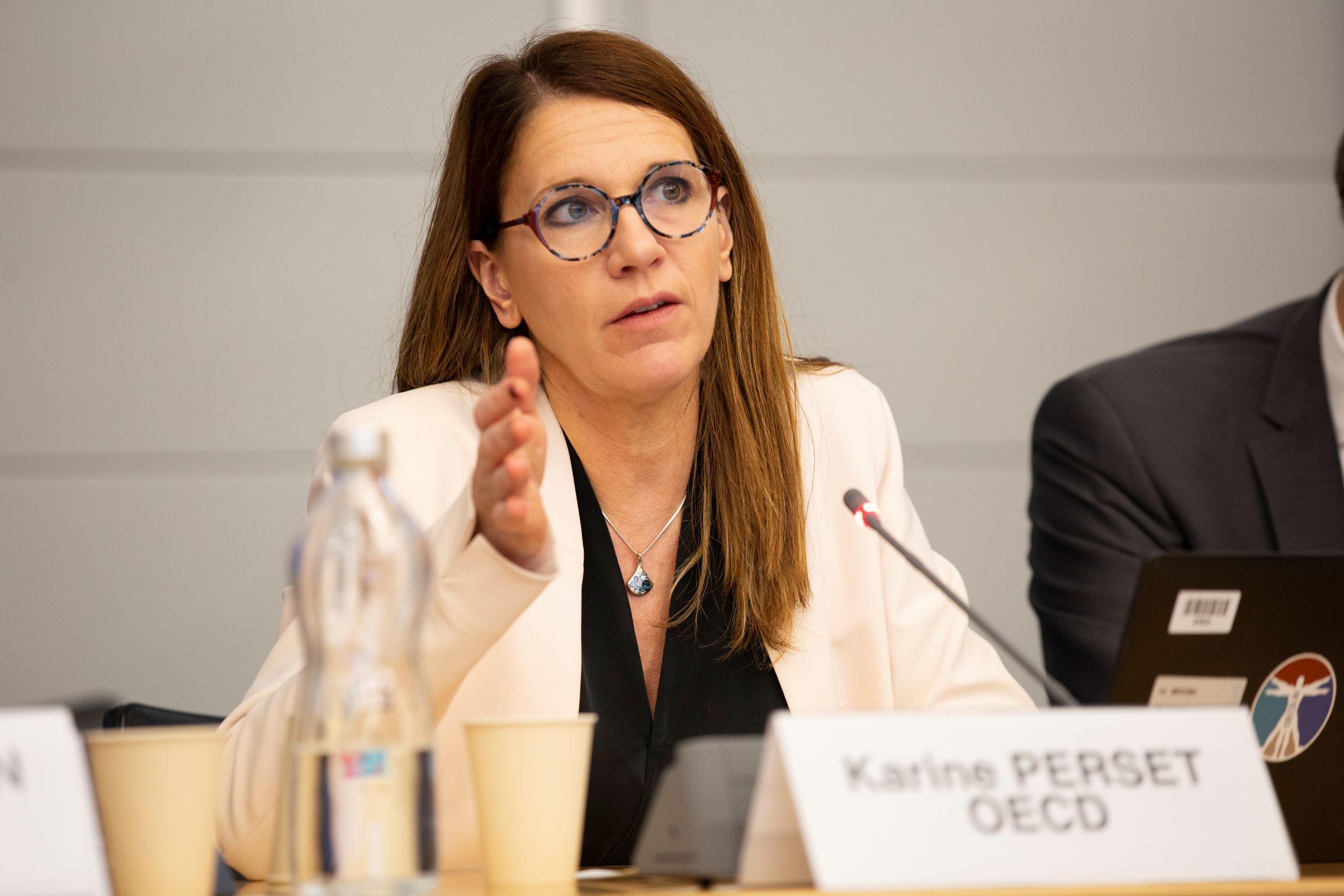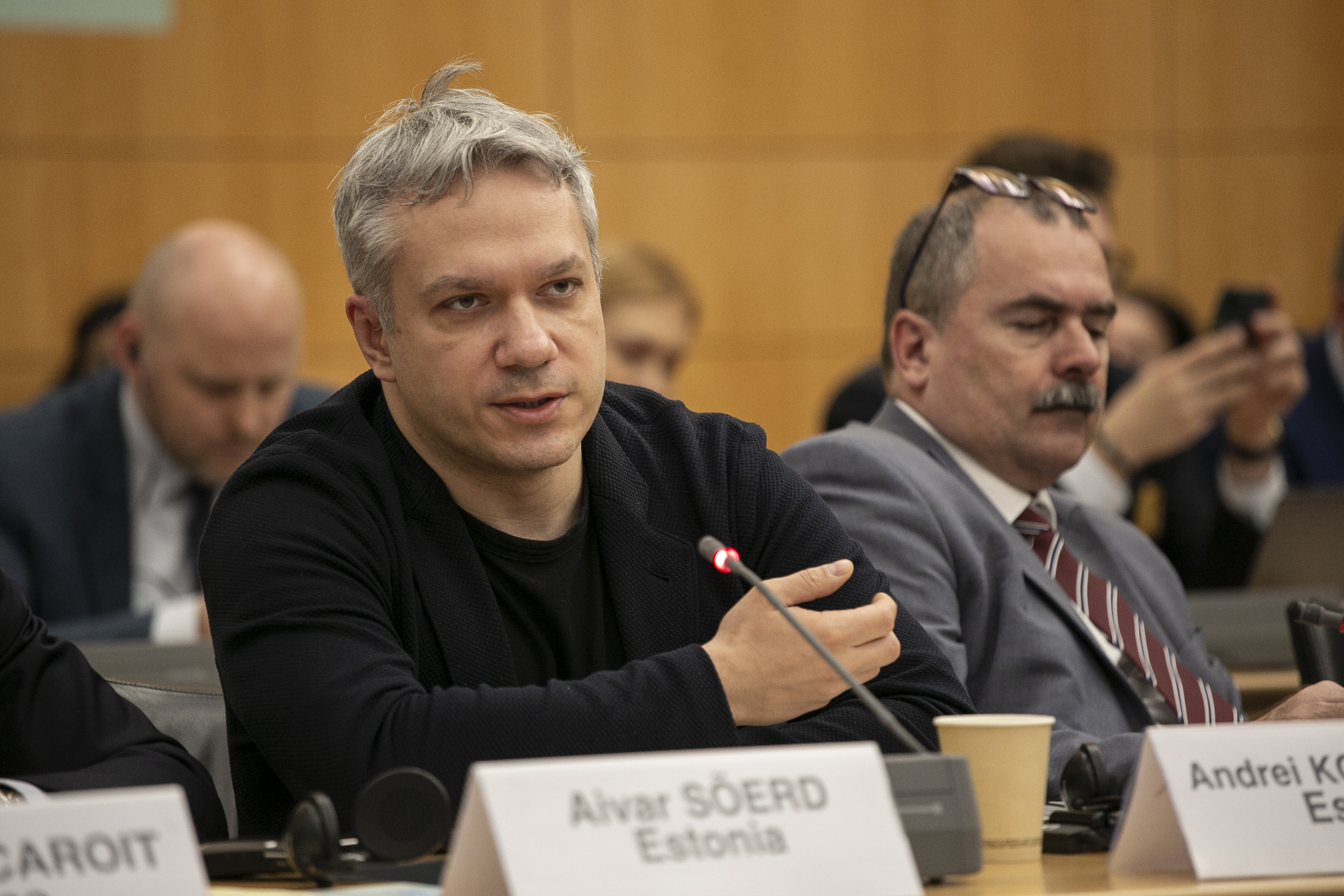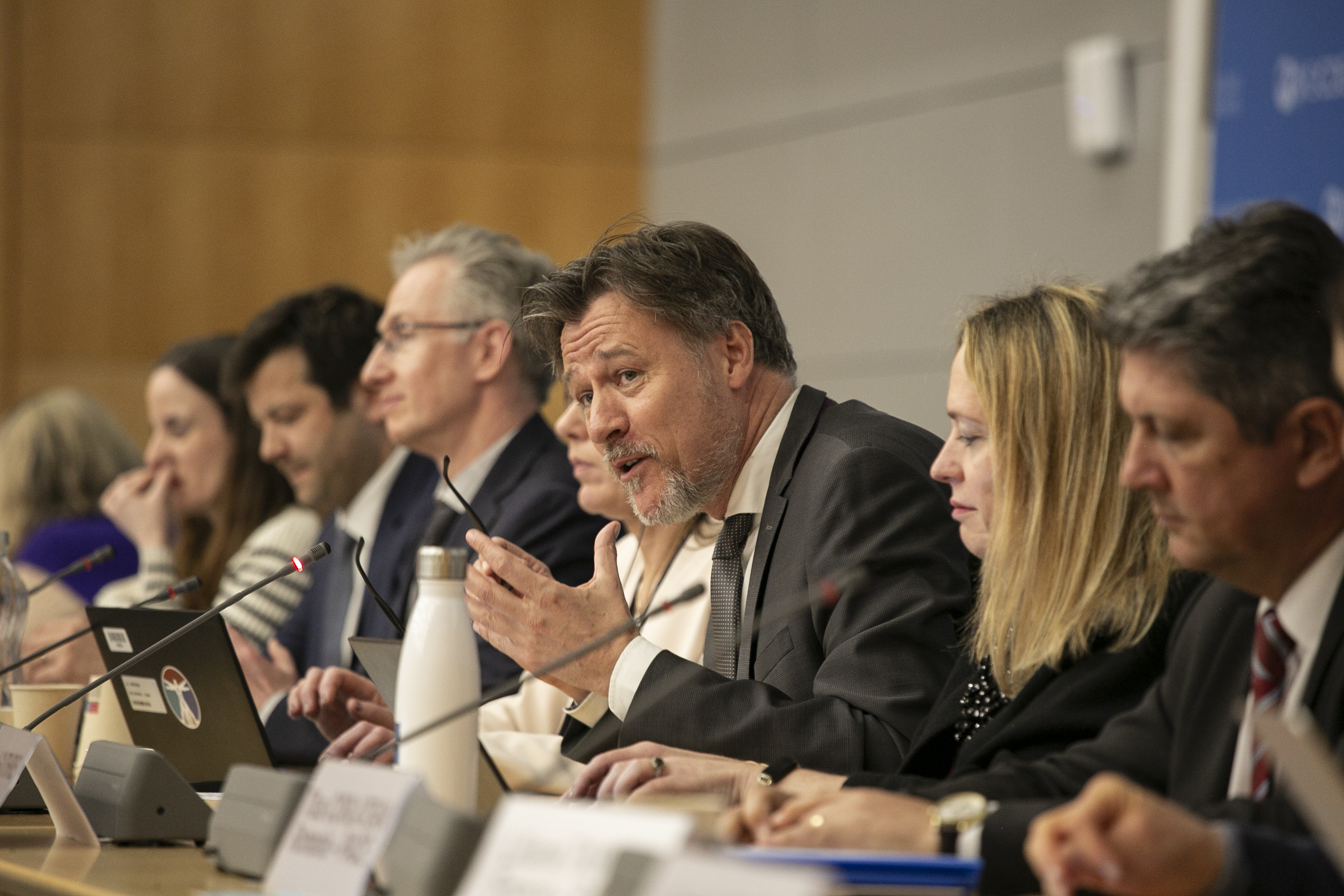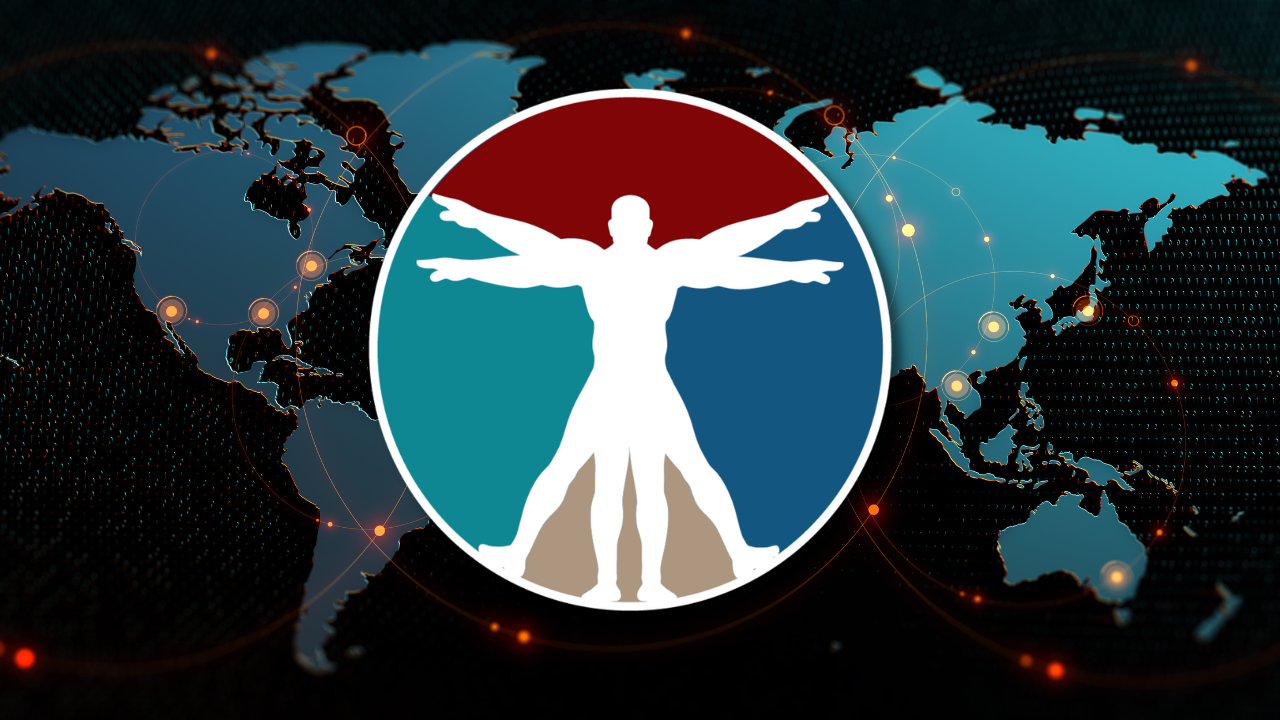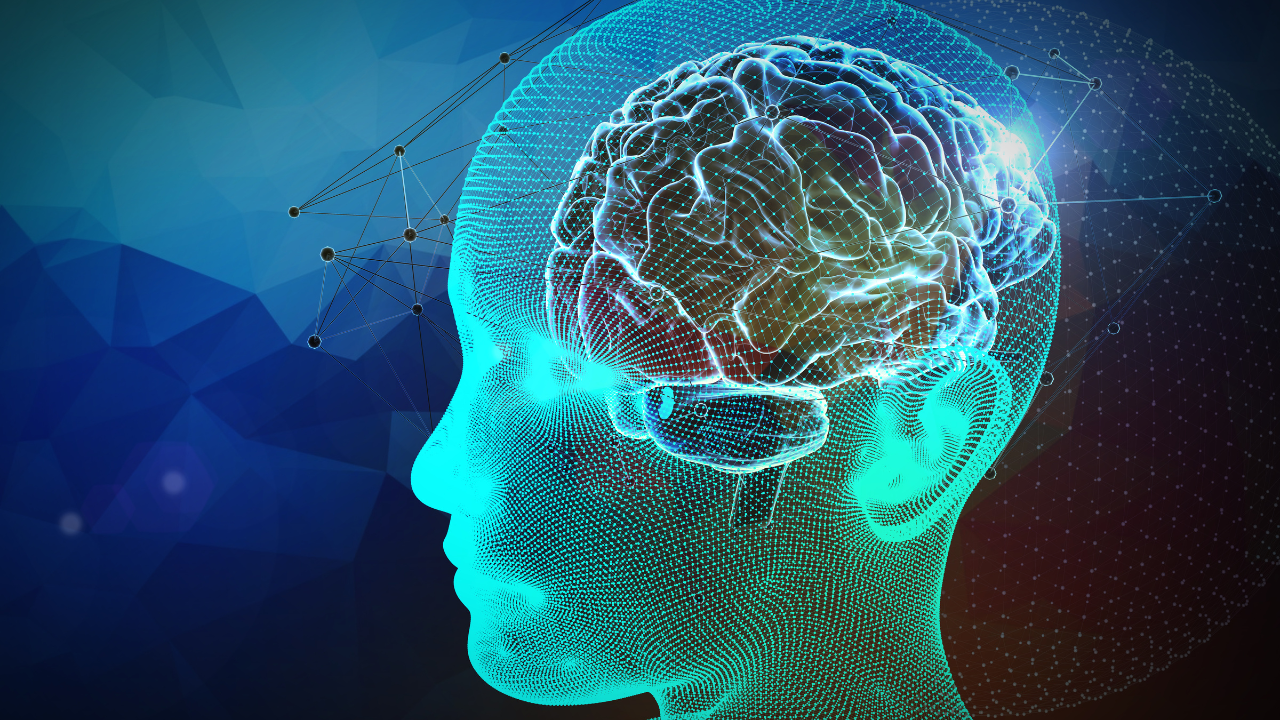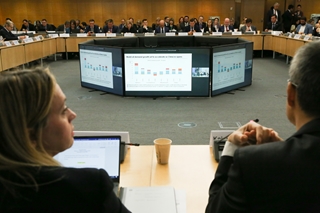Artificial intelligence (AI) is transforming every aspect of our lives. It influences how we work and play.
It promises to help solve global challenges like climate change and access to quality medical care. Yet AI also brings real challenges for governments and citizens alike from the generation of mis- and disinformation to deepfakes and hallucinations, making it difficult to differentiate between was is true and what is not.
As AI permeates economies and societies, what sort of policy and institutional frameworks should guide AI design and use, and how can we ensure that it benefits society as a whole?
The OECD has been working on AI since 2016 with these questions in mind. In 2019, OECD Member States adopted the Council Recommendation on AI that promotes ten principles for trustworthy AI.
Fast-forward to today, and the OECD.AI Policy Observatory — a one-stop shop for AI data and trends — documents over 1,000 AI initiatives across nearly 70 jurisdictions. To track progress on implementing the OECD AI Principles, the OECD developed the OECD.AI Policy Observatory, a central hub for real-time or quasi-real-time AI data, analysis, and reports, which have become authoritative resources for many policymakers globally.
The OECD has a Working Party on the Governance of AI that reviews the Recommendation on AI to make sure that it is still relevant and up to date with fast-paced AI innovation.
The OECD also convenes an OECD.AI Network of Experts — a network of more than 350 of the leading AI experts globally — to help tap their collective intelligence to inform policy analysis. The network is organized into six thematic expert groups, namely AI Futures; AI Risks and Accountability; AI Incidents; AI Index; AI, Data and Privacy; and Compute and Climate.
The presentation will provide a more detailed overview of the work of the OECD on AI. Jerry and Karine will also be able to answers questions from Parliamentarians.



